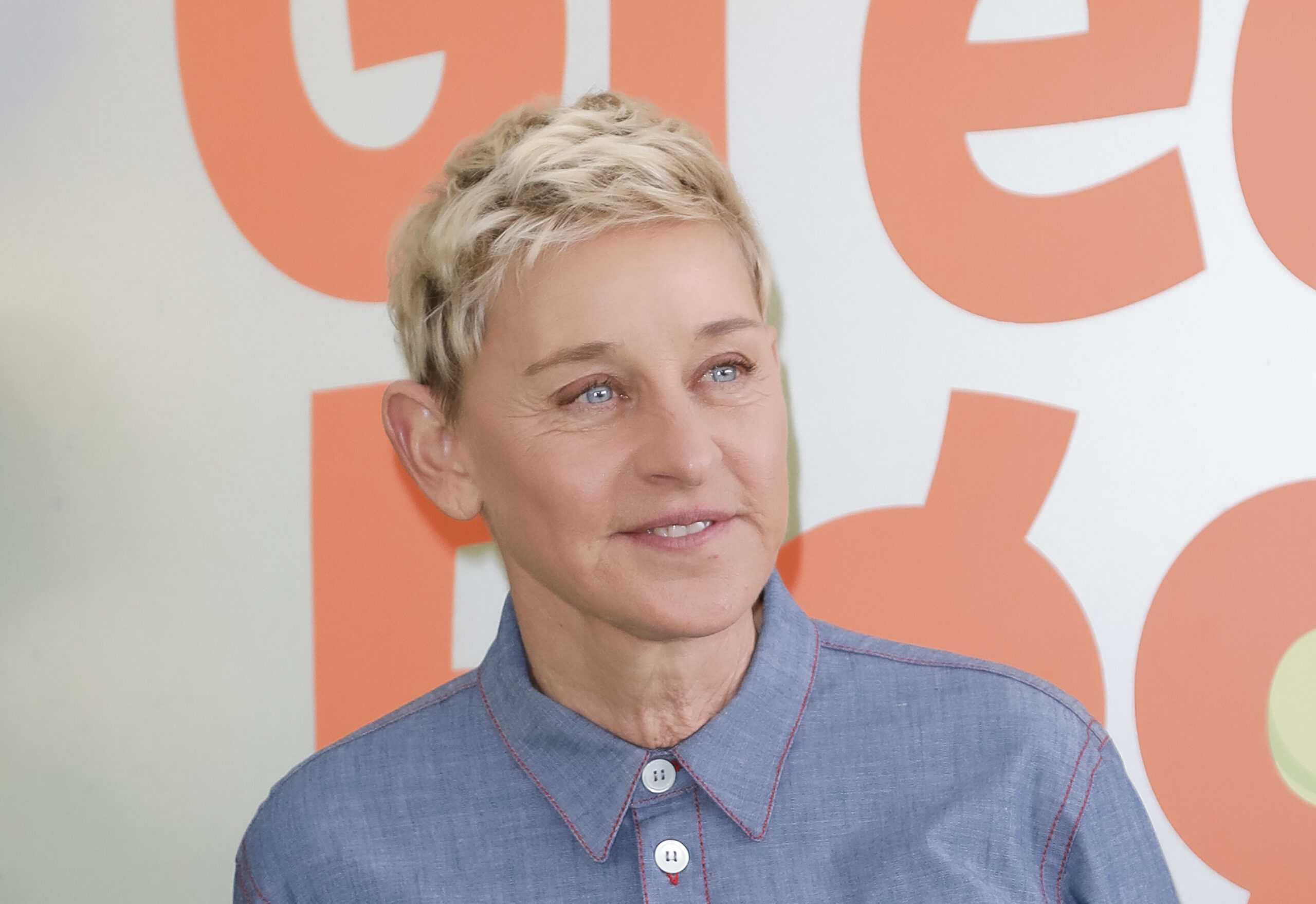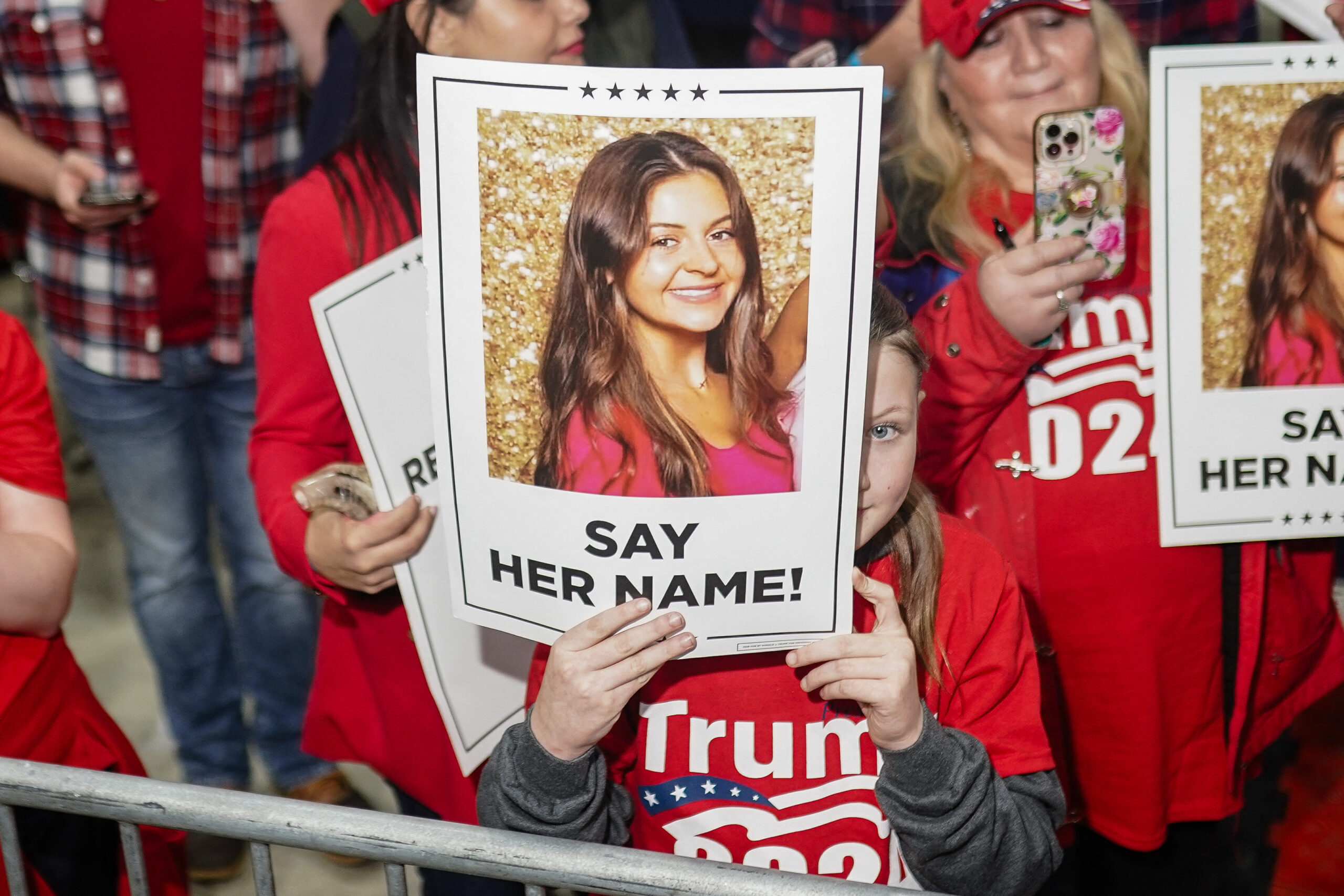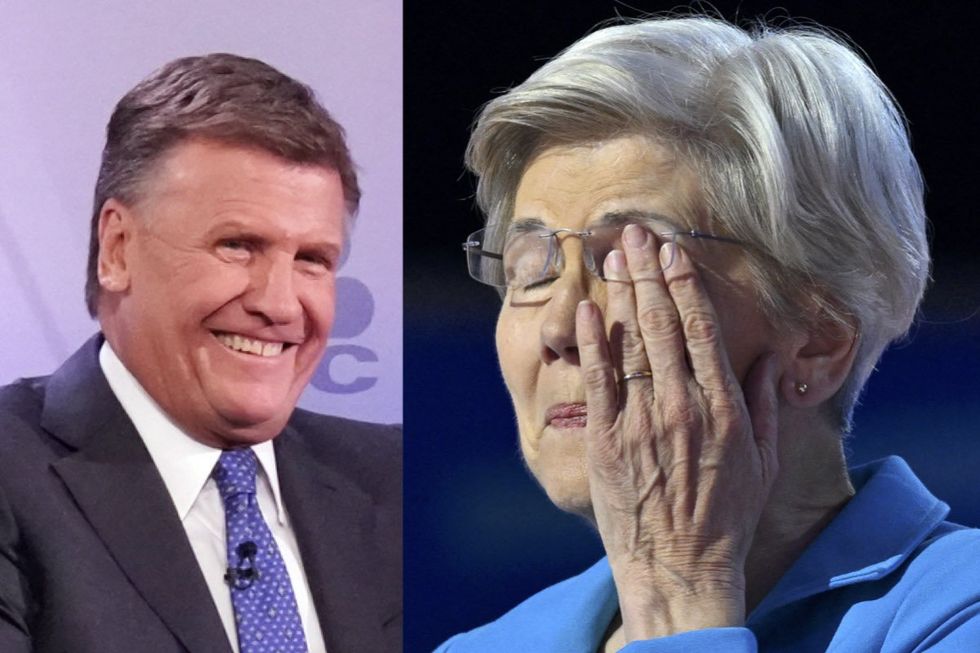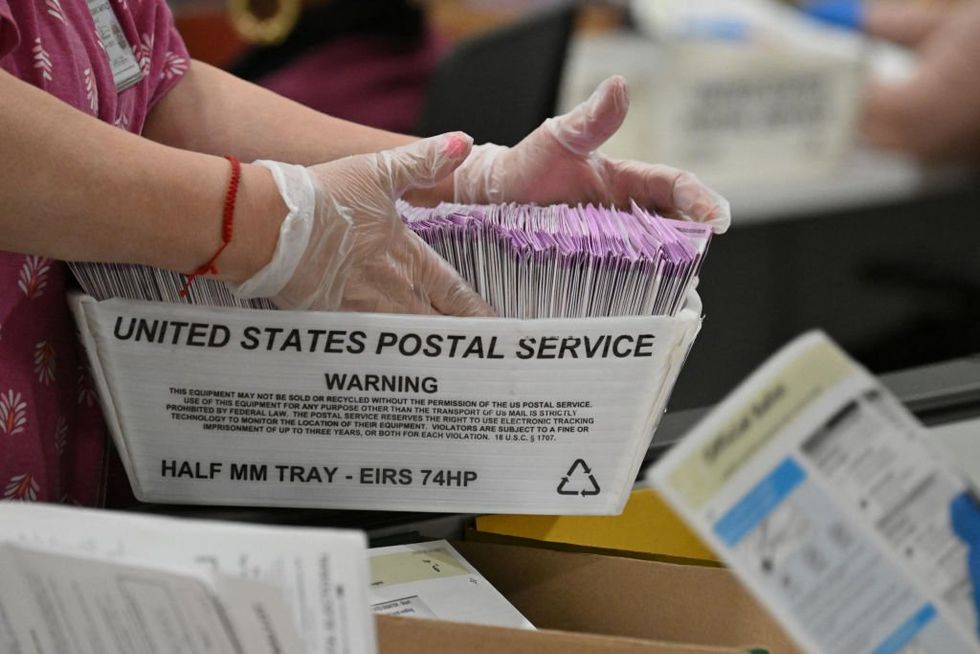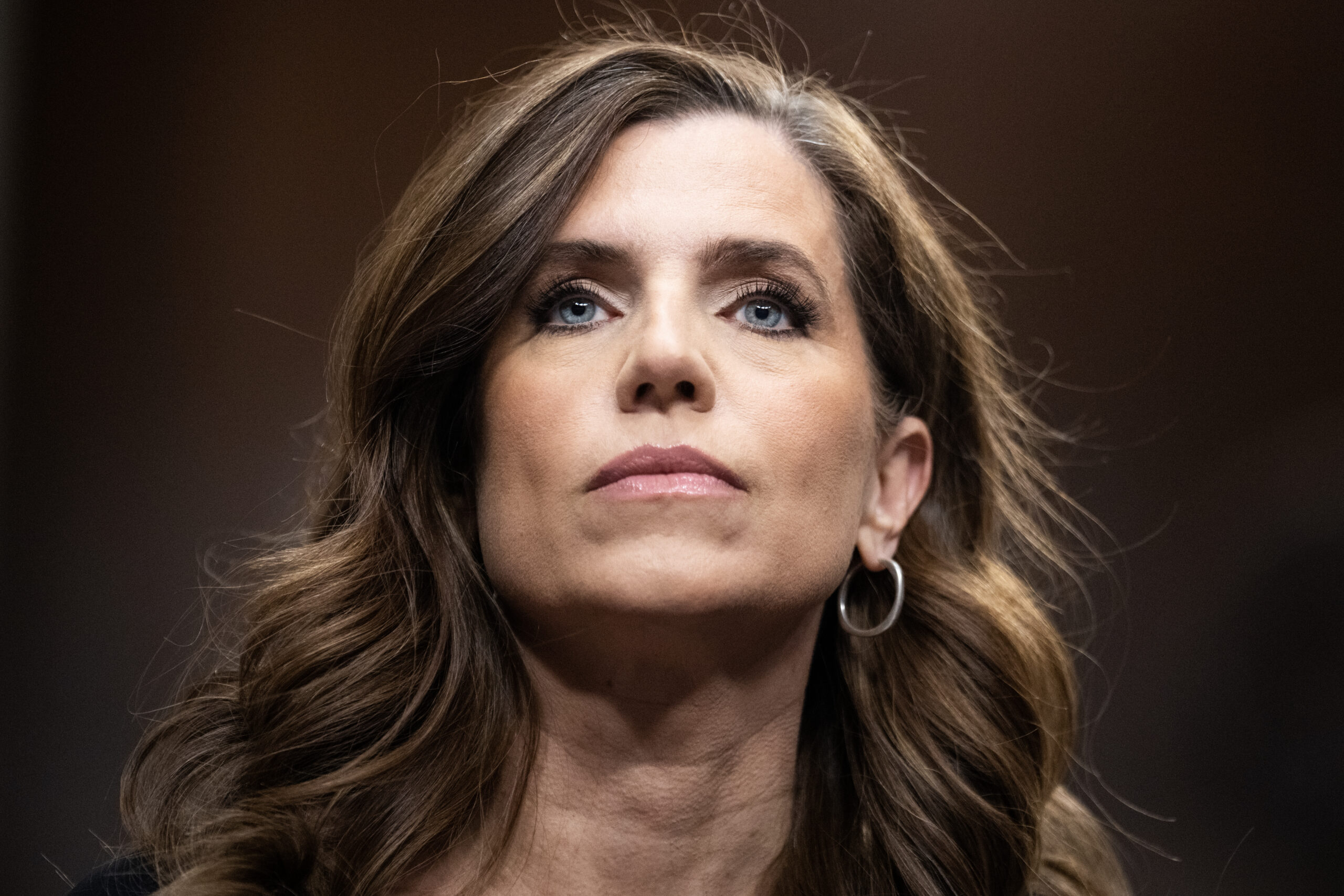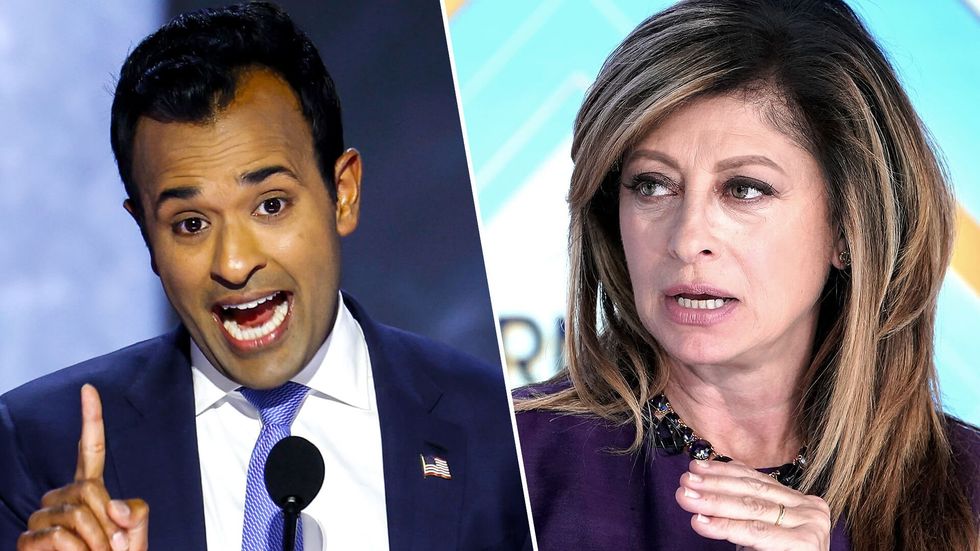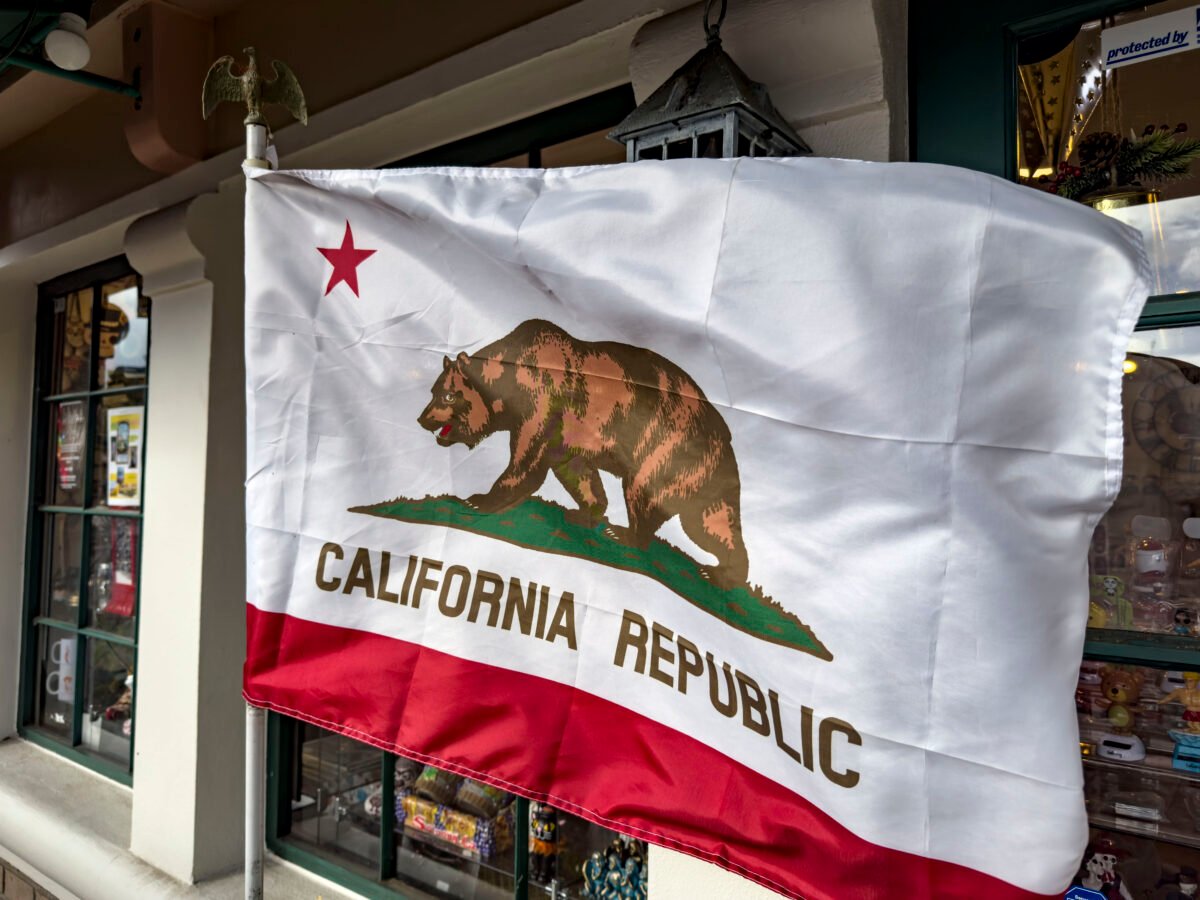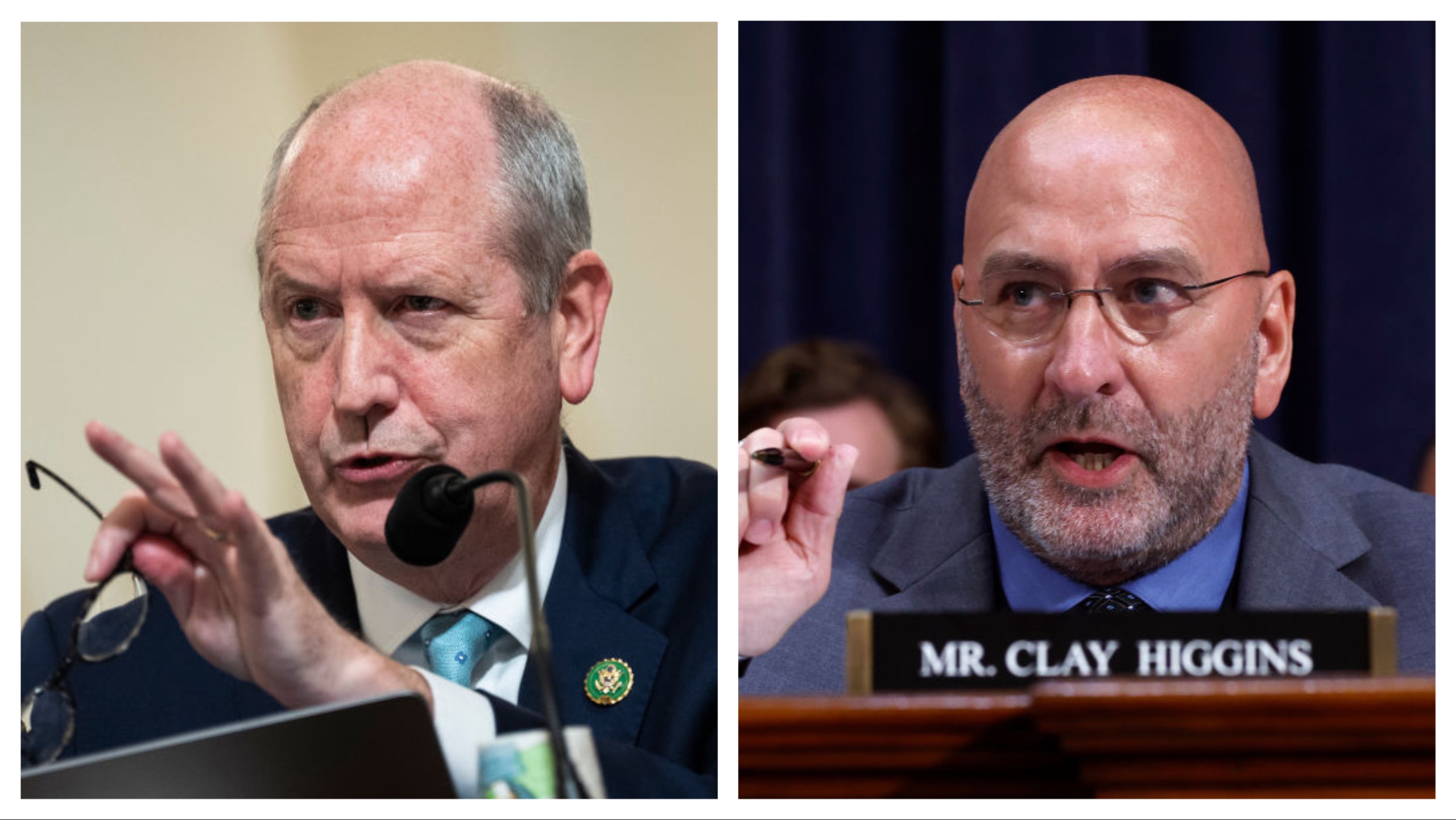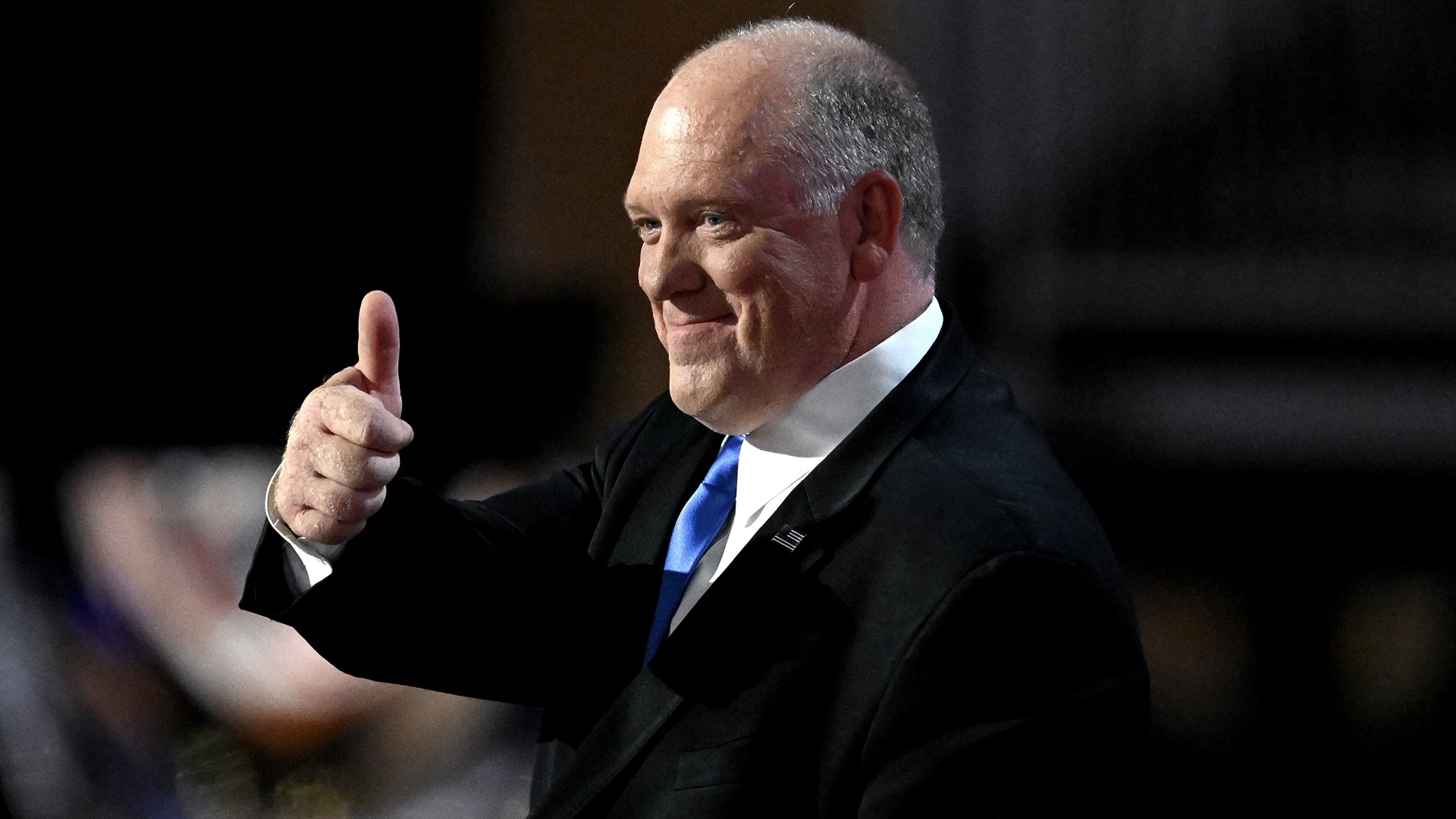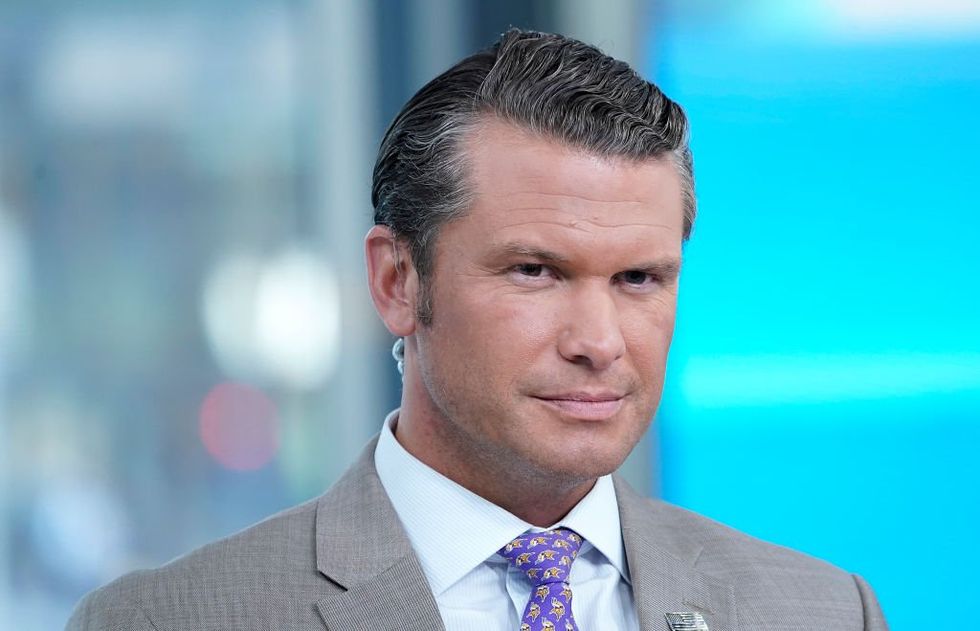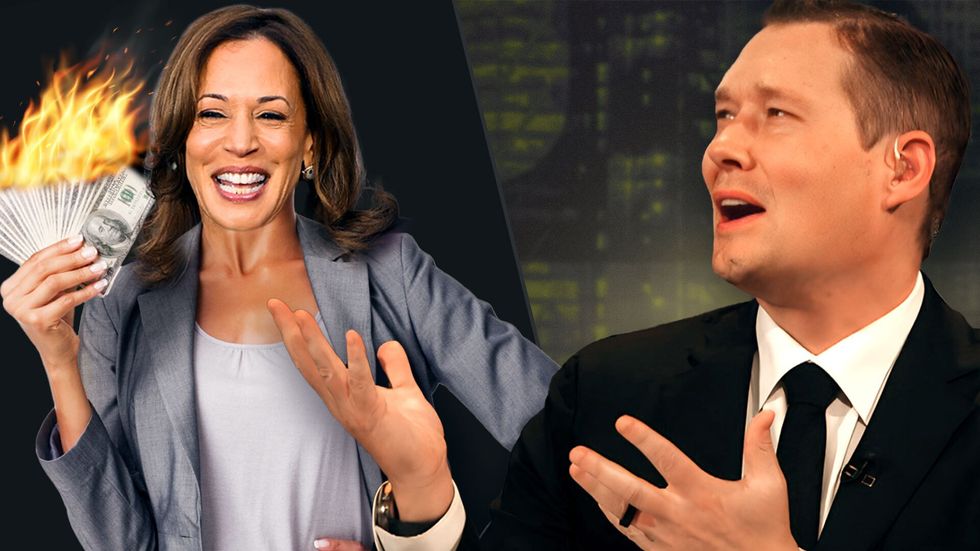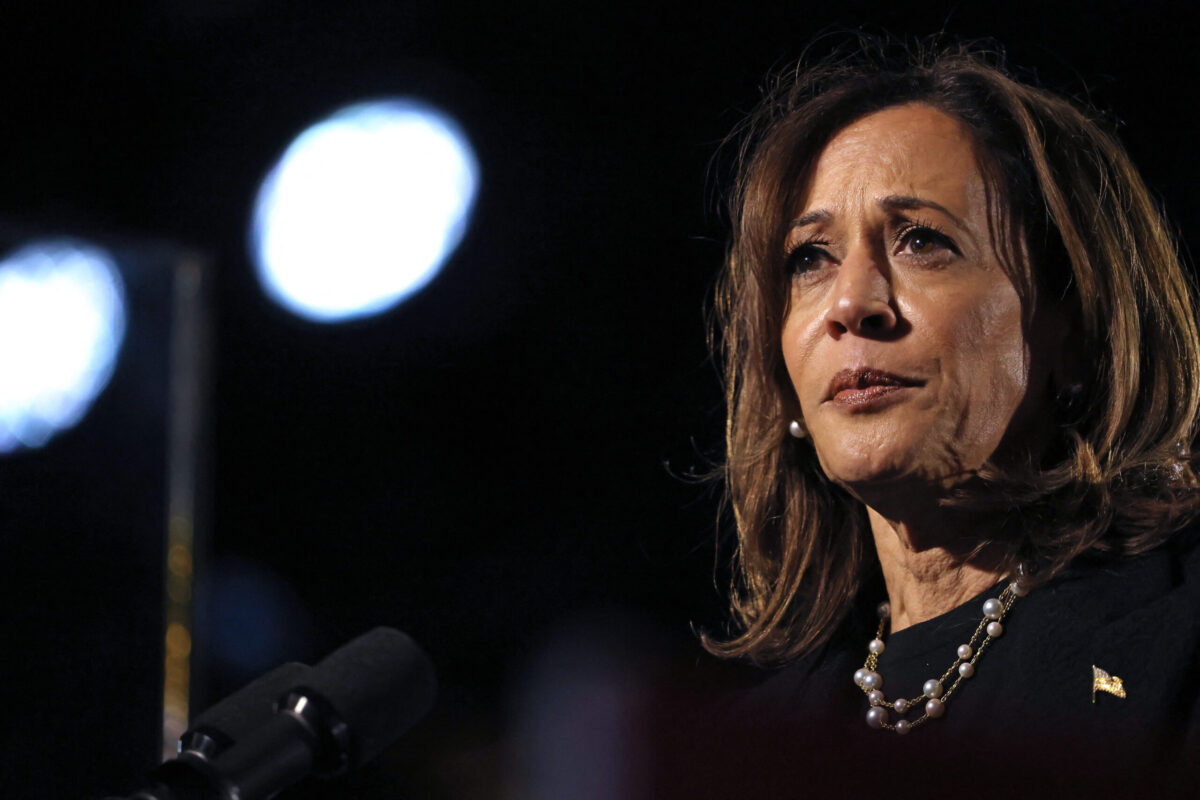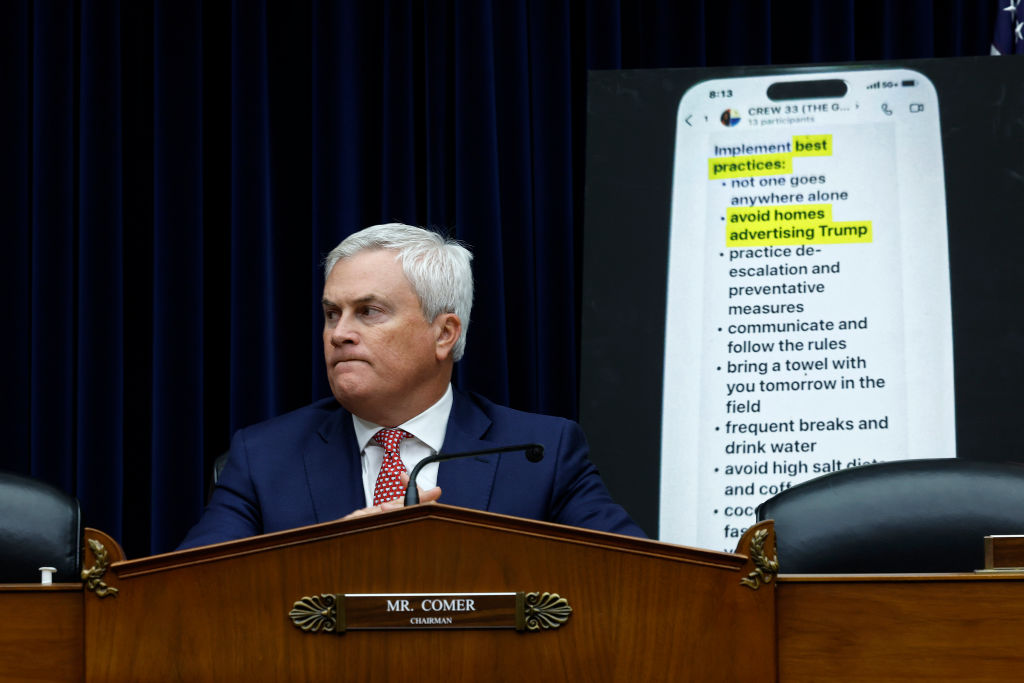Democrats Set Out To Ban Memes To Protect Their Power
Just a couple of months ago, at the end of July, an anonymous account on X called “Mr Reagan USA” uploaded a satire of a Kamala Harris campaign ad. The user even included this caption with his post, just to make sure there wasn’t any confusion. It read, “Kamala Harris Campaign Ad PARODY.” But in ...
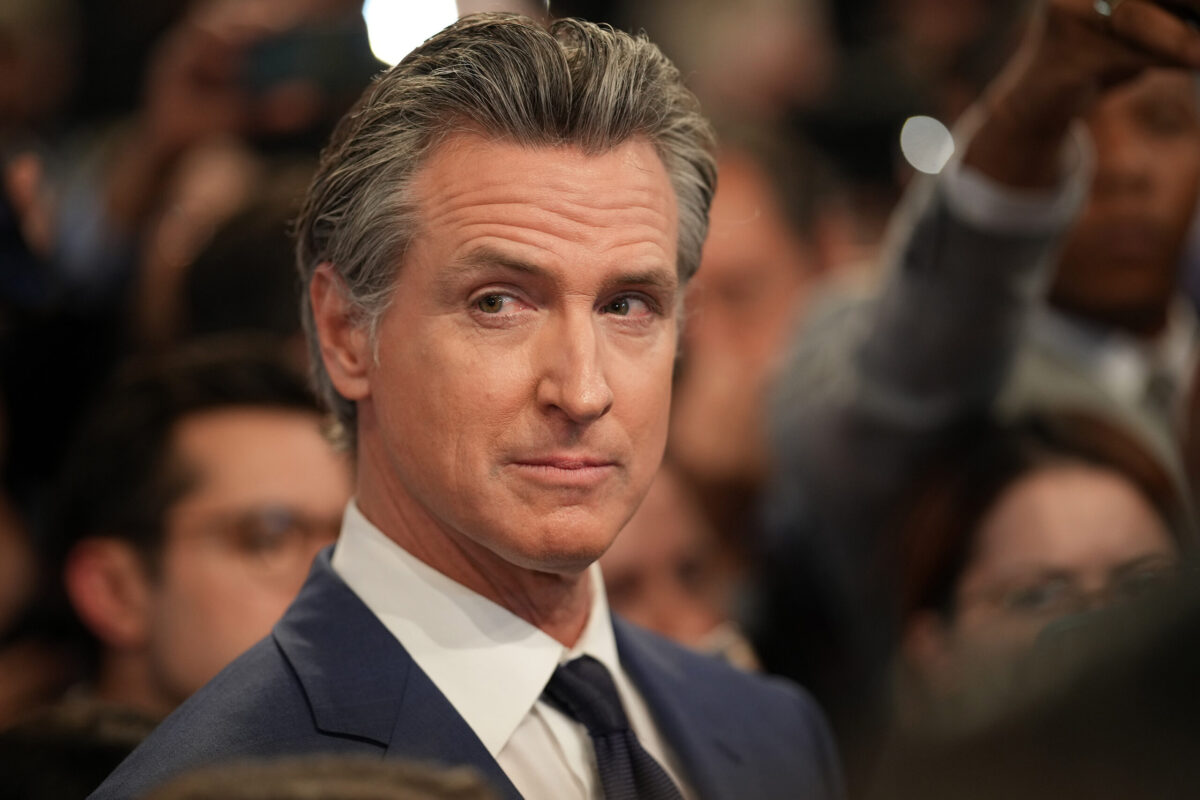
Just a couple of months ago, at the end of July, an anonymous account on X called “Mr Reagan USA” uploaded a satire of a Kamala Harris campaign ad. The user even included this caption with his post, just to make sure there wasn’t any confusion. It read, “Kamala Harris Campaign Ad PARODY.”
But in truth, that caption wasn’t necessary. Anyone watching the video understood immediately that it was a joke — and a very effective one. In case you missed it, here it is:
Kamala Harris Campaign Ad PARODY pic.twitter.com/5lBxvyTZ3o
— Mr Reagan ???????? (@MrReaganUSA) July 26, 2024
This parody ad has racked up more than 60 million views, and you can see why. Whatever AI voice was used, it’s a pretty accurate one. And obviously the message — that Kamala Harris is a ladder-climbing moron and “the ultimate diversity hire” — resonates with a lot of people. In particular, the ad resonated with prominent Democrats because they realized how devastating it was.
No top Democrat was more outraged than California Governor Gavin Newsom. Just two days after that parody was posted on X, Newsom responded with a threat: “Manipulating a voice in an ‘ad’ like this one should be illegal. I’ll be signing a bill in a matter of weeks to make sure it is.”
Right off the bat, even if you put aside all the specific debate about the law, that’s a pretty incredible turnaround time. When was the last time a politician saw something on social media that he didn’t like, and promised to outlaw it within a “matter of weeks”? California is so corrupt and slow-moving that they can’t even pass legislation to fix their “high-speed rail” project, which is tens of billions of dollars over budget because it’s stalled for about a decade. But when it comes to memes that offend Kamala Harris, Gavin Newsom and California Democrats can move very quickly. When they’re personally threatened or offended in some way, politicians spring into action. Otherwise they don’t care.
WATCH: The Matt Walsh Show
We saw that in spades after January 6. Congress couldn’t be bothered to do anything about BLM rioters who were destroying businesses and killing people all over the country. But the moment there was a rowdy protest in the Capitol, everything changed. Doors started getting kicked in. Committees were formed. People went to prison.
There have been signs for a while that a similar crackdown might be coming for people who make political memes on the Internet. You probably remember the case of Douglas Mackey, who was sentenced to seven months’ imprisonment because he mocked Hillary Clinton voters. And now, true to his word, Gavin Newsom is bringing a similar crackdown to the most populous state in the country.
On Tuesday, Gavin Newsom signed three separate laws related to “deepfakes” and elections. He also gloated about the legislation. Watch:
BREAKING: Governer Gavin Newsom signs AB2655, forcing social media sites to ban election-related memes created with AI pic.twitter.com/yT7sj1qFLz
— End Wokeness (@EndWokeness) September 18, 2024
“Why waste your time with a politician unless they’re going to do something for you?” asks Gavin Newsom. “That’s how easy it is to govern.”
Except, of course, Gavin Newsom didn’t sign those bills for the benefit of any of his constituents. He signed them for the benefit of the Democrat Party. That’s why there was no delay in getting these bills passed. All of these bills were created this year. As far as I can tell, none of these bills existed, in any form, prior to 2024. And then, once that Kamala Harris parody went up, they were fast-tracked and signed, with very little debate.
And that’s too bad because, especially on this issue, debate would’ve been helpful. For one thing, it might’ve helped Gavin Newsom realize that the Streisand Effect is very real, and he’s only increasing the popularity of this Kamala ad by trying to ban it.
For another thing, more conversation would have produced a more workable solution to an actual problem that does exist. Yes, deepfakes are a problem, in general. We’ve all probably been fooled at one point or another by a fake audio recording or a fake image. If you’ve been on Facebook recently, you know that there’s a whole cottage industry of deliberately misleading AI-generated content on there. They trick a lot of people everyday. And as convincing as these AI voices and deep fakes are right now, they’re only going to get exponentially more convincing in the future.
Am I Racist? Is In Theaters NOW — Get Your Tickets Here!
At the same time, as Gavin Newsom himself has warned in the past, there are massive risks to over-regulation. One of those potential risks is that we could end up sabotaging our own economy. AI is probably going to play a very big role in this country over the next few decades. Whether we like it or not, AI will be involved in everything from self-driving cars and trucks, to generating thousands of lines of computer code in an instant.
So if politicians in this country do what they did in the European Union, and start putting up all kinds of regulations and barriers, then it’s very possible that we’ll fall behind. And countries like China will end up benefiting. That’s essentially the argument that Newsom himself has made. Watch:
California governor Gavin Newsom warns of over-regulating AI and ceding dominance to other states or countries pic.twitter.com/74JfWmXxly
— Tsarathustra (@tsarnick) May 30, 2024
What’s confusing, when you watch a relatively thoughtful answer like that, is why Gavin Newsom signed these bills yesterday. One of the laws is a sweeping ban on “deceptive” content, whatever that means. If you post or even share “deceptive” deepfakes, then your post can get taken down and you can be sued in civil court.
Here’s how the law defines the word “deceptive.”
“Materially deceptive content means audio or visual media that is intentionally digitally created or modified, which includes, but is not limited to, deepfakes, such that the content would falsely appear to a reasonable person to be an authentic record of the content depicted in the media. … Materially deceptive content does not include any audio or visual media that contains only minor modifications that do not significantly change the perceived contents or meaning of the content. Minor changes include changes to brightness or contrast of images, removal of background noise in audio, and other minor changes that do not impact the content of the audio or visual media.”
The ironic thing about this law is that, while it was intended to prevent mockery of Kamala Harris and other Democrats, it appears to outlaw a lot of conduct that Kamala Harris and her campaign have been engaging in over the past year or so. The other day, CNN ran a whole story about how often Kamala Harris’ team posts “deceptive” content all over the Internet.
Here’s the headline: “Fact check: Harris campaign social media account has repeatedly deceived with misleading edits and captions.”
And of course, Kamala Harris herself has lied about what Donald Trump said about the Charlottesville protests, and the “bloodbath” in the auto industry, and so on.
So why exactly is it legal for Kamala Harris and her campaign to be “deceptive” on social media, while at the same time, it’s now illegal to create a “deceptive” deepfake? How are overt lies protected by the First Amendment, while only AI “deepfakes” are illegal? And more to the point, who actually gets to decide whether a deepfake is “deceptive” or not? Especially when politics are involved, it’s very difficult to get people to agree that anything is “deceptive.” For example, you could easily make the argument that the Kamala parody ad isn’t “deceptive.” It’s labeled parody, for one thing. For another, it’s a pretty accurate summary of Kamala Harris. And yet Gavin Newsom said he’d make it illegal because, in his view, it’s “deceptive.”
The other two laws that Newsom signed this week, concerning AI and elections, have the same problem. As The New York Times reports:
“The [second law] will go into effect in January, and requires labels to appear on deceptive audio, video or images in political advertisements when they are generated with help from A.I. tools. The third law, known as the ‘Defending Democracy from Deepfake Deception Act,’ will go into effect in January and require social media platforms and other websites with more than 1 million users in California to label or remove A.I. deepfakes within 72 hours after receiving a complaint. If the website does not take action, a court can require them to do so.”
Again, all of these laws refer only to “deceptive” material. It’s a totally subjective standard. The only way to get around this problem is to do away with the whole idea of a ban on “deceptive” content. It’s unworkable, not to mention unconstitutional, as Gavin Newsom is probably going to find out very soon.
In order for a ban on “deceptive” content to work in practice, we would need to be able to trust Gavin Newsom (and any other governmental authority who passes a similar ban) to act fairly and consistently as arbiters of what is deceptive or not. Obviously, we can’t trust them in that role — especially because these are people beholden to an ideology that denies the existence of objective truth outright. In this case, Gavin Newsom claimed that the Kamala Harris parody ad was “deceptive,” even though it was literally labeled “parody.” So who’s to say that the “deceptive” content is in fact untrue or misleading? Maybe it was true to whoever created it. Maybe it’s true to the majority of people who saw it, but not to far-Left Democrats. What then? Why not adopt guidelines for AI content in general, instead of trying to determine what’s “deceptive” and what’s not?
By rushing these bills through the legislature in time for Election Day, the state of California has prevented these kinds of questions from being asked. The governor was so offended by a video mocking Kamala Harris that he signed a series of heavy-handed laws very quickly. Ironically, as a result, there are now a lot of deepfakes of Gavin Newsom circulating on social media right now. Many of them are pretty funny. Unfortunately, because of these laws that Gavin Newsom just signed, people who share them in the state of California could end up like Douglas Mackey. They could have their lives destroyed for sharing memes, even memes that are very obviously satire.
That’s because tyrants, always and everywhere, have been unable to tolerate one thing, which is mockery. In the case of Kamala Harris, Democrats have realized that she isn’t going to get any smarter, or more qualified. She is incapable of improvement at this point. She is, as Joe Biden himself said, the embodiment of DEI. This is a fact that’s so humiliating for Democrats that they want you to punish you for laughing about it.
WATCH THE TRAILER FOR ‘AM I RACIST?’ — A MATT WALSH COMEDY ON DEI
So until this law is overturned in the courts, there’s really only one thing to do, which is to prove that the Streisand Effect is still very real. Mock these people at every opportunity. Share an unapproved meme or two. Make them regret trying to ban artificial intelligence that mocks Kamala Harris’ lack of actual intelligence.
Then, when this is over with, we can have an actual conversation about how to regulate AI and deepfakes. That’s a conversation that needs to happen before truth is indistinguishable from fiction — and before politicians like Gavin Newsom and Kamala Harris gain any more power than they already have.
Originally Published at Daily Wire, World Net Daily, or The Blaze
What's Your Reaction?


















